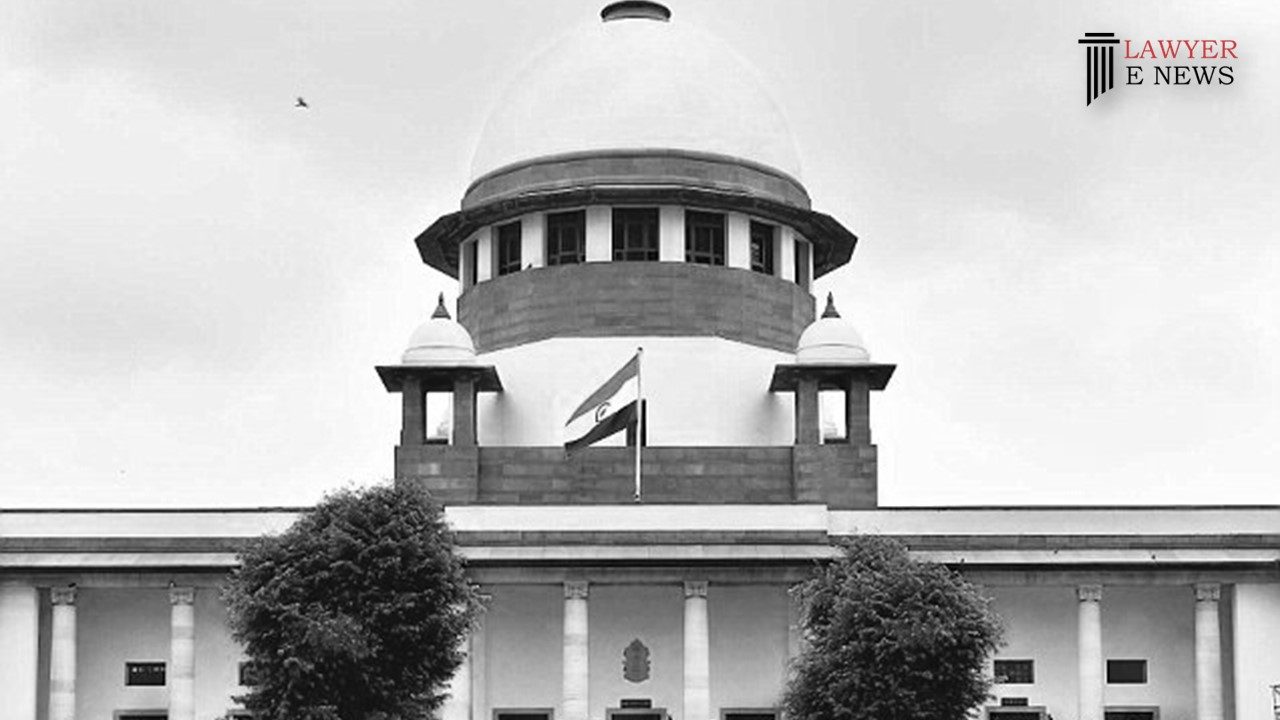-
by Admin
15 February 2026 5:01 PM



The Supreme Court in the case of Annapurna B. Uppin & Ors. Vs. Malsiddappa & Anr. Ruled that disputes related to partnership investments do not fall under the jurisdiction of the Consumer Protection Act, 1986. This judgment clarifies the non-applicability of the Consumer Protection Act to commercial disputes, particularly in the context of partnership firms.
The crux of the dispute involved the investment made by respondent No.1 in a partnership firm and the subsequent denial of repayment. The appellants, heirs of a deceased partner, contested the liability, claiming that the respondent No.1, being a partner in the firm, could not maintain a consumer complaint for a partnership dispute. The case centered around whether a consumer complaint was maintainable for what essentially was a commercial dispute between partners.
Registered Partnership Deed: The Court observed that as per the registered partnership deed dated 27.05.1996, respondent No.1 was a partner, and there was no evidence of the dissolution of this deed. Hence, until the death of the managing partner, the respondent’s status as a partner was deemed to continue.
Nature of Transaction: The investment was made for earning interest, indicating a commercial transaction intended for profit. The Court emphasized that commercial transactions are beyond the scope of the Consumer Protection Act.
Liability of Legal Heirs: There was no evidence that a new partnership deed was executed including the appellants. The Court highlighted that legal heirs do not automatically inherit liabilities of a partnership firm upon a partner’s death.
Jurisdictional Aspect: The Court stated that commercial disputes should be adjudicated in civil courts, not via consumer forums, as they are not equipped to handle such matters.
Alternative Remedy: Responding to the respondent’s argument about alternative remedies, the Court clarified that their ruling does not necessitate transferring pending matters to High Courts but applies prospectively.
Decision: The Supreme Court allowed the appeal, setting aside the orders of the District Forum, the State, and the National Commissions. The complaint was dismissed, affirming that the Consumer Protection Act does not cover partnership disputes, and the complainant was directed to seek an alternative legal remedy.
Date of Decision: 5th April 2024.
Annapurna B. Uppin & Ors. Vs. Malsiddappa & Anr.
